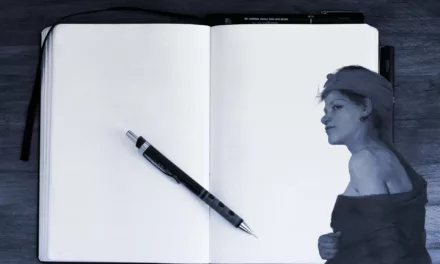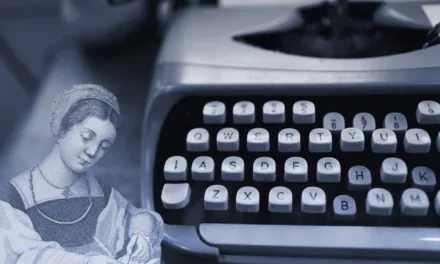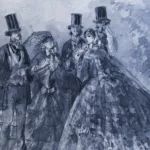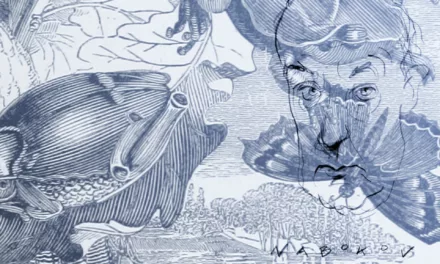
How to Write a Character Who is Being Manipulated
Creating a character who is under the influence or control of another is a challenging feat for any writer. To effectively portray this dynamic, it’s crucial to understand the manipulator’s goals and the methods they use to exert their influence. Let’s explore how a character’s dynamics might change when they are being manipulated.
Behaviour
- Behave inconsistently with the decisions they would usually make.
- Second-guess themselves or hesitate before acting.
- Gradually change their behaviours to align more with the manipulator’s interests.
- Show confusion or self-doubt.
- Rationalise or defend the manipulator’s actions even when they are harmful.
- Suppress their true desires to please the manipulator.
- A declining interest in hobbies or activities that they once loved.
- Signs of stress or anxiety, especially when the character is around the manipulator.
- Increasingly isolating from their support network.
- Making excuses for the manipulator’s behaviour to others.
Interactions
- Unequal power dynamics, with the manipulator often interrupting or speaking over them.
- A lack of reciprocal communication – the manipulator talks, the character listens.
- Physical touch that seems controlling or guiding rather than comforting.
- They are asked to keep secrets or lie on behalf of the manipulator.
- Receive subtle threats or backhanded compliments from the manipulator.
- Show an obligation to tend to the manipulator’s needs.
- Are willing to compromise their morals under manipulative influence.
- The manipulator may use personal information against them to keep them in line.
- Have other characters note changes or express concern about their changed behaviour.
- Have moments of realisation or clarity that are quickly squashed by the manipulator.
Body language
- Closed off, with crossed arms or averted gaze.
- Physical withdrawal or flinching.
- Display nervous habits, like nail-biting, or fidgeting.
- Make themselves smaller or trying to go unnoticed.
- Have trouble maintaining eye contact.
- Forced smiles or laughter to mask their true feelings.
- Physical tension that doesn’t ease, even in supposedly relaxing environments.
- Mimicking the manipulator’s body language subconsciously.
- Physical exhaustion due to emotional strain.
- Contrast in how they act around the manipulator versus others.
Attitude
- A gradual erosion of the character’s optimism or hope.
- Displays unwarranted hostility towards others.
- Is overly apologetic, especially for things not their fault.
- A shift from self-assuredness to self-deprecation over time.
- A sense of helplessness that they struggle to overcome.
- A fatalistic or defeatist outlook on their future.
- A growing reluctance to make decisions independently.
- Show internal conflict between their beliefs and the influence of the manipulator.
- Repetition of the manipulator’s opinions as if they were their own.
- A lost sense of identity through a disinterested or detached demeanor.
Positive story outcomes
- An eventual recognition of manipulation as a moment of empowerment.
- A journey towards reclaiming agency and self-worth.
- Forming new, healthy relationships that contrast with the manipulator’s treatment.
- Using their experience with manipulation to help others in similar situations.
- The development of stronger personal boundaries and assertiveness.
- Creative or professional achievements as they break free from manipulation.
- Gaining insight and wisdom from their experiences.
- Finding support systems that validate and uplift them.
- A renewed sense of hope and direction in life post-manipulation.
- Finds resilience and new strengths.
Negative story outcomes
- Continued struggles with self-esteem and trust issues.
- Setbacks and challenges in the aftermath of manipulation.
- Potential for downward spirals as a result of the manipulative relationship.
- A lasting impact of manipulation on the character’s relationships with others.
- A psychological toll, such as anxiety or depression, that may linger.
- Becomes wary of future relationships, romantic or otherwise.
- Inadvertently emulates manipulative behaviours learned from the manipulator.
- Might sabotage their own success due to ingrained beliefs planted by the manipulator.
- Struggling to regain autonomy and make independent choices.
- Increased tendency to isolate themselves to avoid being hurt again.
Helpful Vocabulary
- Coercion
- Gaslighting
- Subjugation
- Compliance
- Devious
- Subtle
- Undermine
- Exploit
- Domineering
- Manipulate
- Discredit
- Influence
- Contrived
- Obedience
- Suppression
- Dependency
- Guilt-trip
- Intimidation
- Passive-aggressive
- Psychological warfare





























